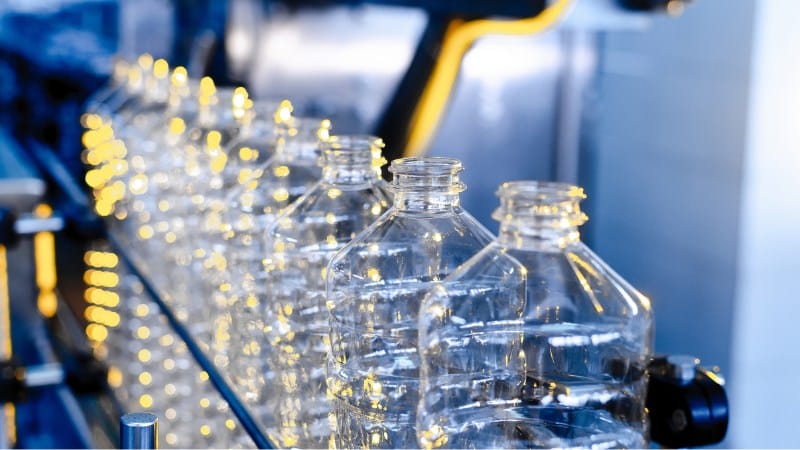In an ambitious step toward environmental sustainability, Kraft Heinz Company has set a target to cut the usage of virgin plastic in its global packaging by 20% before the close of this decade. This initiative, a pivotal move in decreasing the firm’s dependency on fossil fuels, is expected to eradicate roughly 100 million pounds of virgin plastic.
Within Kraft Heinz’s new environmental objectives, there is a strategy to ensure 100% of its packaging is recyclable, reusable, or compostable by 2025. The firm has also pledged to reach net-zero greenhouse gas emissions by 2050, with an interim goal to cut these emissions by half come 2030. Kraft Heinz acknowledges the need for profound transformations in packaging practices to achieve these environmental, social, and governance targets.
According to Environmental Leader, the conglomerate is also steadily increasing the use of recycled materials in its packaging, targeting high-impact regions such as the US, Canada, and the UK. By 2025, Kraft Heinz plans to substitute 15% of its rigid plastic packaging in the US with post-consumer recycled content.
Brands within the company, like Kraft Real Mayo and Miracle Whip, are planning to transition to 100% recycled packaging beginning in 2024 in the US, a step set to eradicate approximately 14 million pounds of virgin plastic annually. Meanwhile, Heinz has already started incorporating 30% recycled content in most of its bottles in Brazil, the UK, and Europe.
One notable innovation includes a collaboration with specialists in the UK to design recyclable Heinz Beans Snap Pots, constructed from 39% recycled plastic. This recycled plastic is obtained from soft plastics returned by consumers to Tesco.
The multinational food company is also taking measures to eliminate unnecessary plastic components, such as the removal of the “shaker” from the Shake ‘N Bake product line, reducing around 900,000 pounds of plastic waste per year. Along with these reductions, Kraft Heinz is investigating alternative sustainable materials. One such example is the collaboration with Pulpex to develop a recyclable, renewable, paper-based bottle for Heinz Tomato Ketchup, made from 100% sustainably sourced wood pulp.
Furthermore, NABOB coffee in Canada transitioned from non-recyclable plastic coffee bags to recyclable canisters made from 80% paper fiber from renewable sources, potentially eradicating roughly 2.5 million plastic bags annually.
With net sales of nearly $26 billion as of 2022, Kraft Heinz is making these ambitious changes to live up to its core value of “We do the right thing,” demonstrating its commitment to environmental sustainability through reducing virgin plastic use.
More inspiring green news similar to this:

